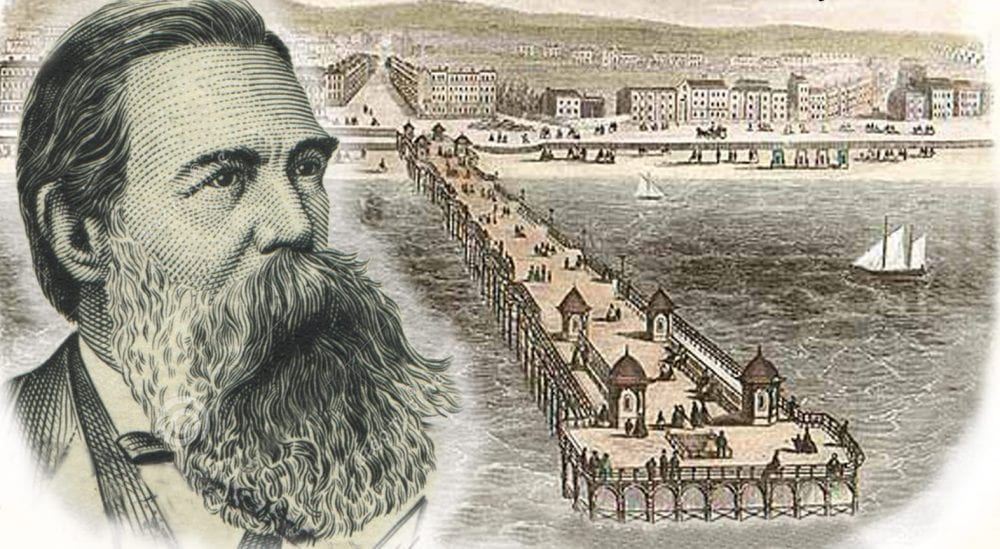Engels at 200: beard wearer, Pilsner drinker, activist, theoretician, revolutionary
28th November marks the 200th anniversary of the birth of Friedrich Engels and it is being widely marked.
Engels wrote a landmark volume on the working class in Manchester 1844, much admired by Marx, and was an active participant in revolutionary events in Bavaria and Prussia in 1848/9. He carried the nickname ‘The General’ for his military knowledge and writing. He was of course for some years a Manchester businessman in the family business but throughout an active collaborator with Marx. After Marx’s death in 1883 Engels extended the research and impact of his friends work as well as producing some work of his own.
Some of this has been controversial amongst those who stand in the Marxist tradition but in a short appreciation the key thing to underline is Engels centrality to that tradition.
The fact that he both understood and was partly responsible for Marx’s perspectives is well summed up in the extract below:
‘Marx and I are ourselves partly to blame for the fact that the younger people sometimes lay more stress on the economic side than is due to it. We had to emphasise the main principle vis-à-vis our adversaries, who denied it, and we had not always the time, the place or the opportunity to give their due to the other elements involved in the interaction. But when it came to presenting a section of history, that is, to making a practical application, it was a different matter and there no error was permissible. Unfortunately, however, it happens only too often that people think they have fully understood a new theory and can apply it without more ado from the moment they have assimilated its main principles, and even those not always correctly. And I cannot exempt many of the more recent “Marxists” from this reproach, for the most amazing rubbish has been produced in this quarter, too.’
As perhaps might be expected there are those who seek to draw attention away from the continued importance of such a perspective. The former Labour MP Tristram Hunt has written a partial but entertaining biography of Engels.
Writing in the Observer in November he did emphasise the political importance of Engels writings but underlined that above all Engels should be seen as a bon viveur. A lover of beer, wine and good food. Indeed Engels was all of that (as was Marx) though sadly his recipe for lobster salad has not survived.
‘Engels was a figure of profound historical and philosophical significance. Yet what I discovered, as his biographer, was that his vision of socialism could also be richly uplifting: the grisly, corrupt, anti-intellectual egalitarian Marxism of the 20th century would have horrified him. “The concept of a socialist society as a realm of equality is a one-sided French concept,” he said. Instead, Engels believed in cascading the pleasures of life – food, sex, drink, culture, travel, even fox-hunting – across all classes. Socialism should not be a never-ending Labour party meeting, but a life of enjoyment. The real challenge of living in Manchester was that he could find no “single opportunity to make use of my acknowledged gift for mixing a lobster salad”.’
While that was true Engels was also a serious revolutionary. It’s not his taste in drink and food that matters in 2020 but his ideas and his politics.
Keith Flett
Keith Flett is convenor of the London Socialist Historians Group
